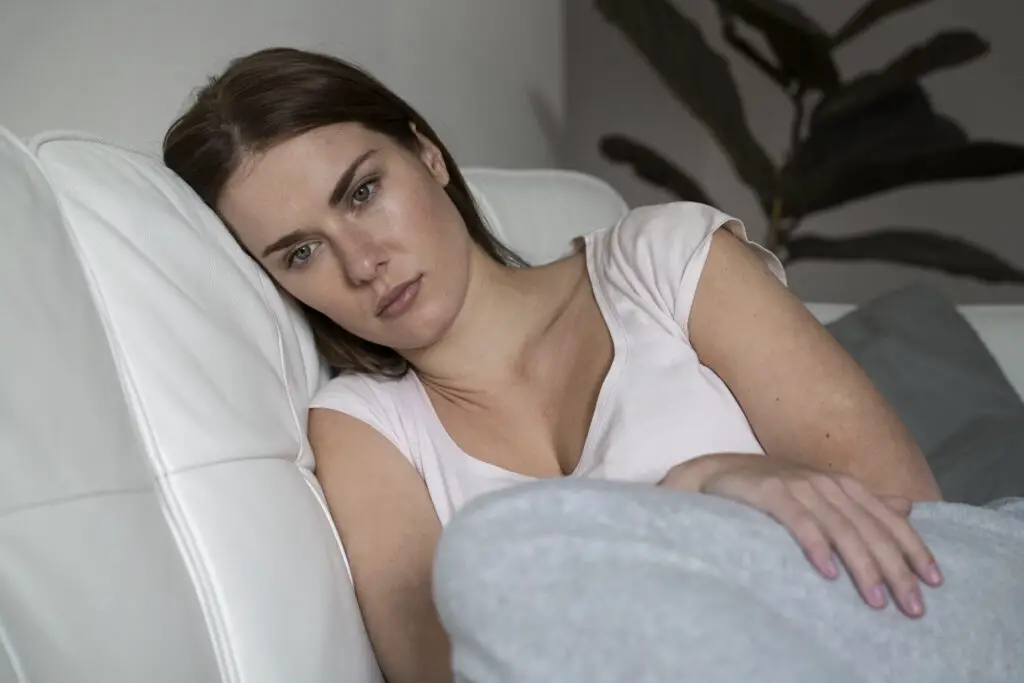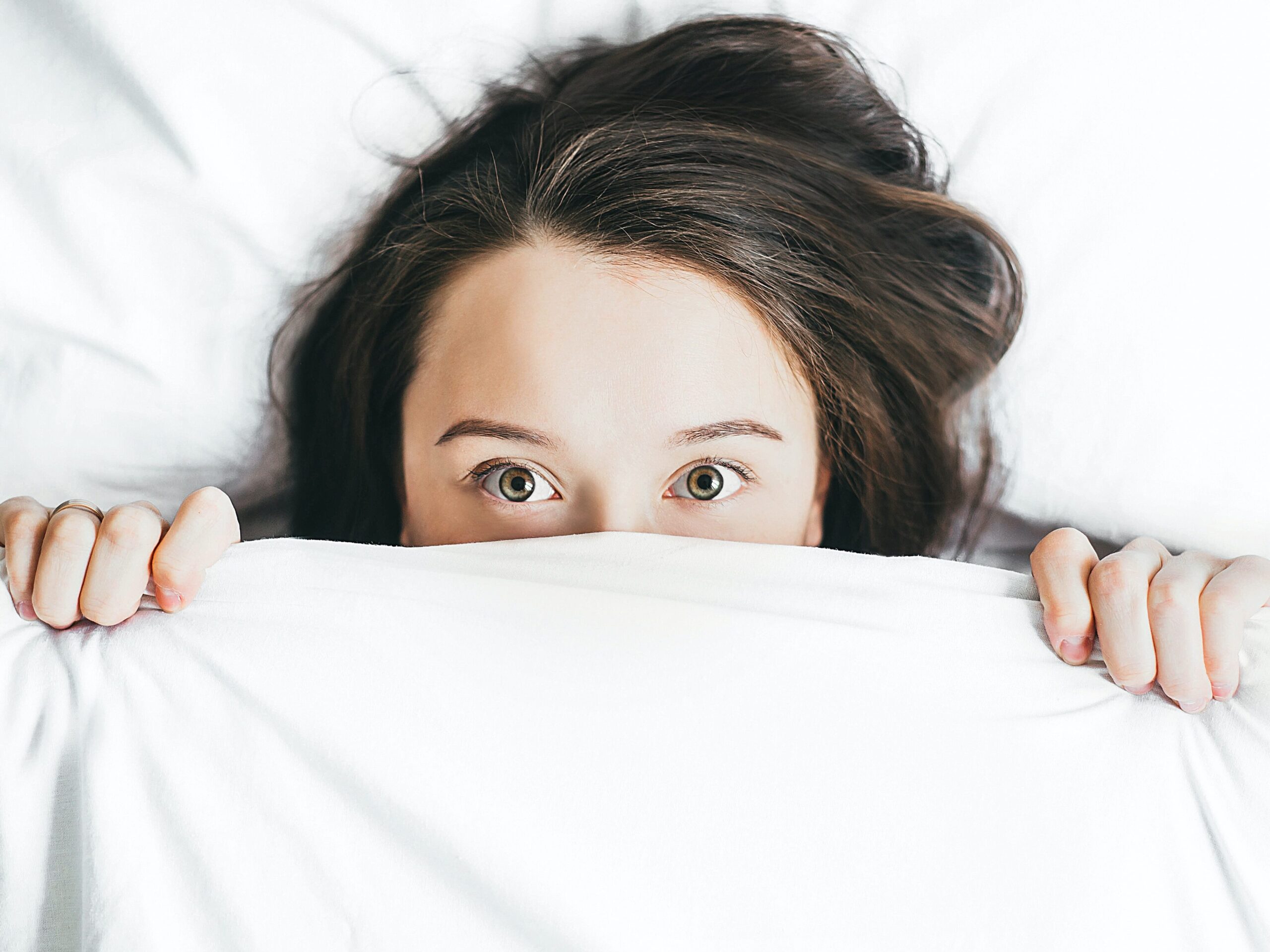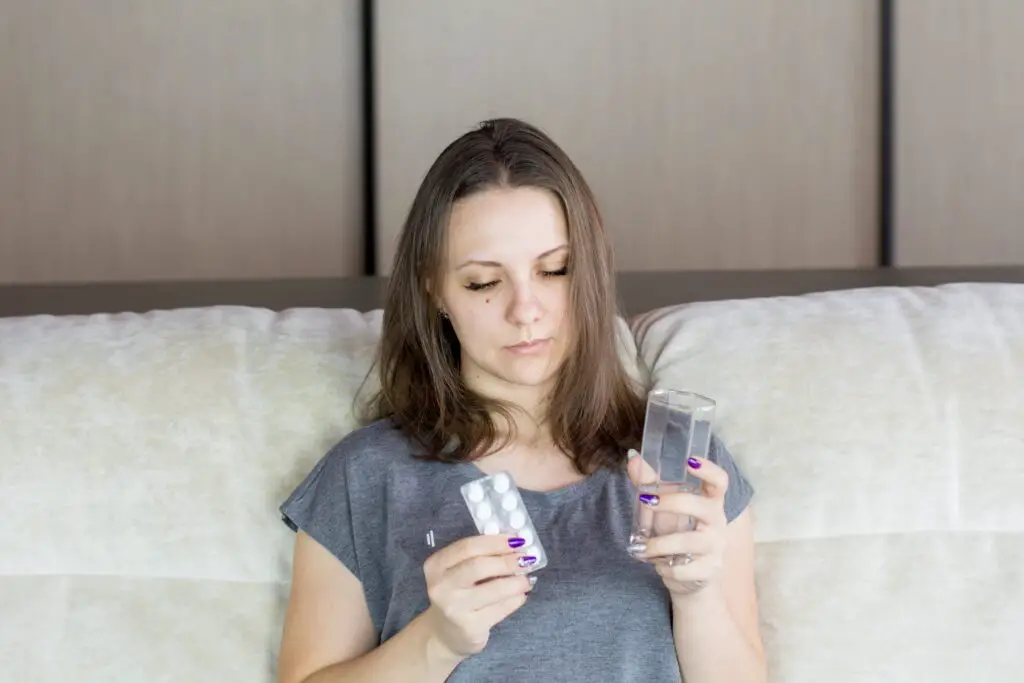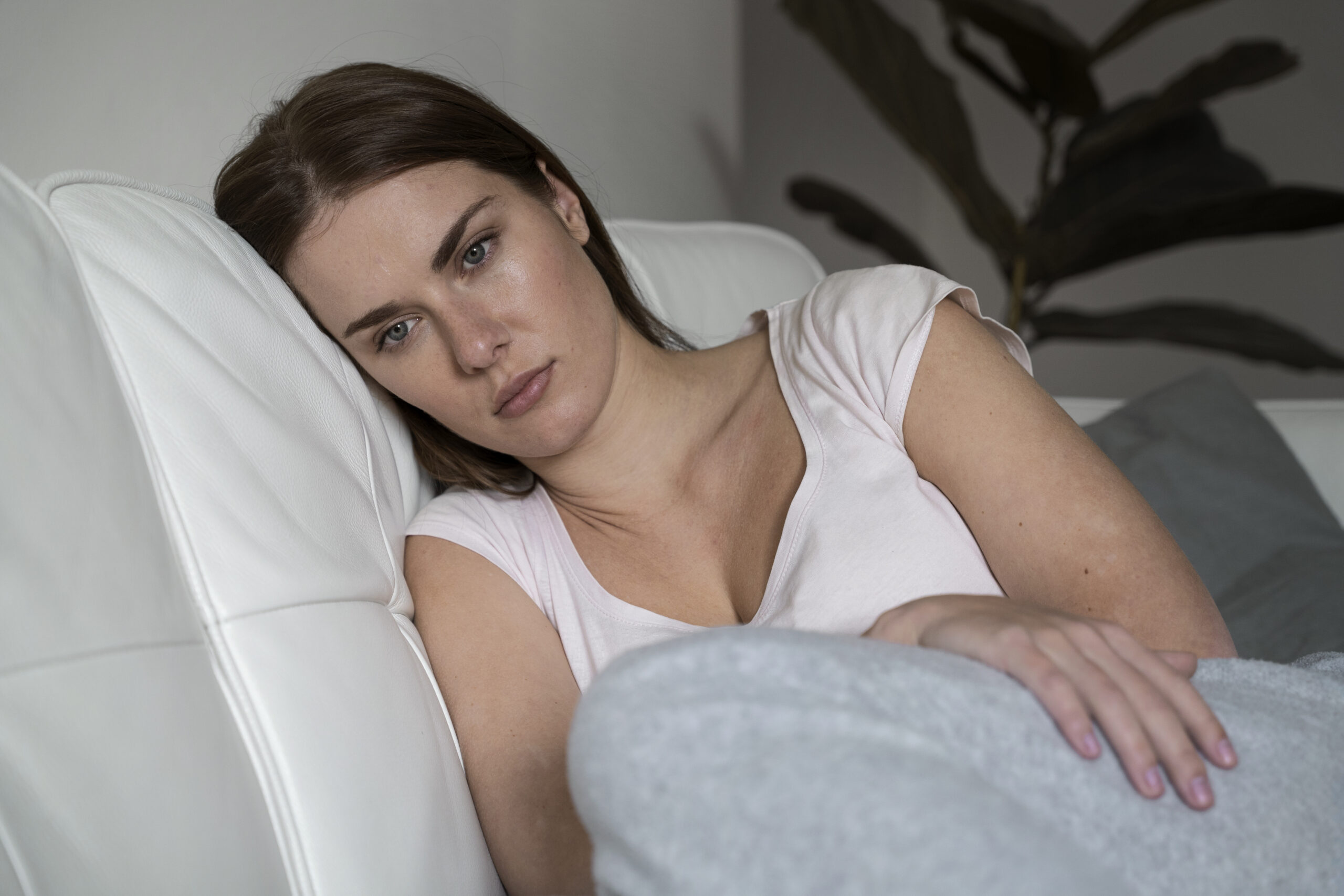
Introduction
Sleep Deprivation to Cure Depression: The connection between sleep and mental health has long been a subject of interest for researchers and medical professionals alike. It’s a well-established fact that sleep plays a crucial role in maintaining our emotional and psychological well-being. Conversely, sleep disturbances have been linked to a range of mental health disorders, including depression. However, in a curious twist, some studies have suggested that controlled sleep deprivation can be used as a potential treatment for depression. This unconventional approach challenges conventional wisdom, prompting us to explore the fascinating relationship between sleep deprivation and depression.
Table of Contents
Sleep Deprivation to Cure Depression: 1 Controversial Approach
1: The Sleep-Depression Paradox
1.1 Understanding Depression
Depression is a complex and pervasive mental health condition that affects millions of people worldwide. Depression often shows itself through ongoing feelings of sadness, hopelessness, and a general disinterest or inability to find joy in everyday activities. Depression can lead to a variety of physical and emotional symptoms, making it a debilitating condition for those who suffer from it.
1.2 The Role of Sleep
Getting enough sleep is crucial for keeping your body and mind healthy and in good shape. During sleep, the body goes through various stages, including rapid eye movement (REM) and non-REM sleep. These stages are critical for physical restoration and cognitive function. Importantly, sleep also plays a crucial role in regulating mood and emotions.
1.3 The Sleep-Depression Connection
Research has consistently shown that individuals with depression often experience disrupted sleep patterns. They may have difficulty falling asleep, wake up frequently during the night, or struggle to stay asleep. This bidirectional relationship between sleep and depression has led scientists to investigate whether manipulating sleep patterns could provide relief from depressive symptoms.

Sleep Deprivation to Cure Depression: 1 Controversial Approach
2: The History of Sleep Deprivation in Depression Treatment
2.1 Early Experiments
The use of sleep deprivation as a treatment for depression has a surprisingly long history. In the early 20th century, researchers observed that some depressed patients experienced a temporary lift in their mood following a night of total sleep deprivation. These early experiments laid the groundwork for further exploration of this phenomenon.
2.2 Controlled Studies
In the 1970s and 1980s, controlled studies were conducted to investigate the therapeutic potential of sleep deprivation in depression. These studies typically involved subjects staying awake for an entire night or more, followed by careful monitoring of their mood and depressive symptoms. Some of these studies reported significant improvements in mood after sleep deprivation, though the effects were often short-lived.
3: The Science Behind Sleep Deprivation and Depression
3.1 Neurochemical Changes
One of the key theories behind the efficacy of sleep deprivation in treating depression revolves around changes in neurochemicals. Sleep deprivation appears to increase the availability of certain neurotransmitters, such as serotonin and norepinephrine, which are closely linked to mood regulation. These changes may temporarily alleviate depressive symptoms.
3.2 Resetting Circadian Rhythms
Another hypothesis suggests that sleep deprivation may help reset the disrupted circadian rhythms commonly observed in individuals with depression. Our internal body clock, or circadian rhythm, regulates various physiological processes, including sleep-wake cycles. When these rhythms are out of sync, it can exacerbate depressive symptoms. Sleep deprivation may temporarily recalibrate these rhythms, leading to improved mood.

Sleep Deprivation to Cure Depression: 1 Controversial Approach
4: Risks and Side Effects
4.1 Short-Term Benefits, Long-Term Risks
While there is evidence to suggest that sleep deprivation can provide short-term relief from depression, it is not without its risks. Prolonged or chronic sleep deprivation can have detrimental effects on physical and mental health, including cognitive impairment, increased risk of accidents, and a higher susceptibility to various illnesses.
4.2 Relapse and Maintenance
One significant challenge in using sleep deprivation as a treatment for depression is the high rate of relapse. Many individuals who experience improvements in mood following sleep deprivation find that their depressive symptoms return once they resume regular sleep patterns. This makes it difficult to maintain the benefits of this treatment approach over time.
5: Ethical Considerations
5.1 Informed Consent
The use of sleep deprivation in treating depression raises important ethical questions. Researchers must obtain informed consent from participants and carefully weigh the potential benefits against the risks. Balancing the desire to alleviate suffering with the responsibility to protect the well-being of patients is a crucial ethical dilemma.
5.2 Alternative Treatments
While sleep deprivation may offer temporary relief for some individuals with depression, it should not be viewed as a replacement for established treatments such as psychotherapy and medication. Ethical considerations must include a comprehensive approach to mental health care, with a focus on evidence-based treatments that have a proven track record of effectiveness.

Sleep Deprivation to Cure Depression: 1 Controversial Approach
6: The Future of Sleep Deprivation in Depression Treatment
6.1 Personalized Medicine
As our understanding of the relationship between sleep and depression continues to evolve, the future of sleep deprivation as a treatment may lie in personalized medicine. Identifying which individuals are most likely to respond positively to sleep deprivation and tailoring the treatment accordingly could lead to more effective outcomes.
6.2 Combining Approaches
It’s also possible that sleep deprivation may be more effective when used in combination with other treatments. For example, combining sleep deprivation with psychotherapy or medication could offer a more comprehensive and sustainable approach to managing depression.
https://www.youtube.com/watch?v=ydeLq3W8xQY
Conclusion
The idea that sleep deprivation, the very condition often associated with worsening depression, could be used as a treatment for this debilitating mental health disorder is a fascinating paradox. While there is evidence to suggest that controlled sleep deprivation can provide temporary relief from depressive symptoms, the risks and ethical considerations associated with this approach must not be overlooked.
As our understanding of the intricate relationship between sleep and depression deepens, it is clear that the future of depression treatment lies in a holistic and individualized approach. Sleep deprivation may play a role in this evolving landscape, but it is unlikely to be a standalone solution. Ultimately, the journey towards effective depression treatment continues, with sleep deprivation as one intriguing piece of the puzzle.

Frequently Asked Questions (FAQs)
Sleep Deprivation to Cure Depression: 1 Controversial Approach
Q1: Can sleep deprivation really help treat depression?
A1: Yes, there is evidence to suggest that controlled sleep deprivation can temporarily alleviate depressive symptoms in some individuals. However, it’s essential to approach this treatment approach cautiously and under the guidance of a healthcare professional.
Q2: How does sleep deprivation affect the brain and mood?
A2: Sleep deprivation appears to impact the brain by increasing the availability of neurotransmitters like serotonin and norepinephrine, which are associated with mood regulation. It may also temporarily reset disrupted circadian rhythms, potentially improving mood.
Q3: What are the risks of using sleep deprivation as a treatment for depression?
A3: Prolonged or chronic sleep deprivation can lead to cognitive impairment, increased accident risk, and various health issues. Additionally, many individuals experience a high rate of relapse when returning to regular sleep patterns after a period of sleep deprivation.
Q4: Is sleep deprivation a standalone treatment for depression?
A4: No, sleep deprivation should not be considered a standalone treatment for depression. It is best used as part of a comprehensive treatment plan that may include psychotherapy, medication, and lifestyle modifications.
Q5: Are there ethical considerations when using sleep deprivation for depression treatment?
A5: Yes, ethical concerns include obtaining informed consent from participants, weighing potential benefits against risks, and ensuring that individuals receive appropriate and evidence-based care for their mental health.
Q6: What is the future of sleep deprivation in depression treatment?
A6: The future may involve personalized approaches, identifying who is most likely to respond positively to sleep deprivation, and combining it with other treatments like therapy and medication to offer a more effective and holistic approach to managing depression.

2 thoughts on “Sleep Deprivation to Cure Depression: 1 Controversial Approach”